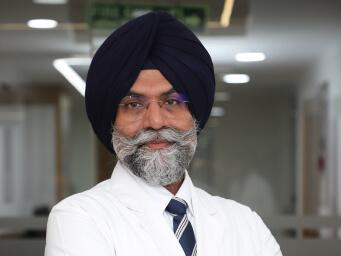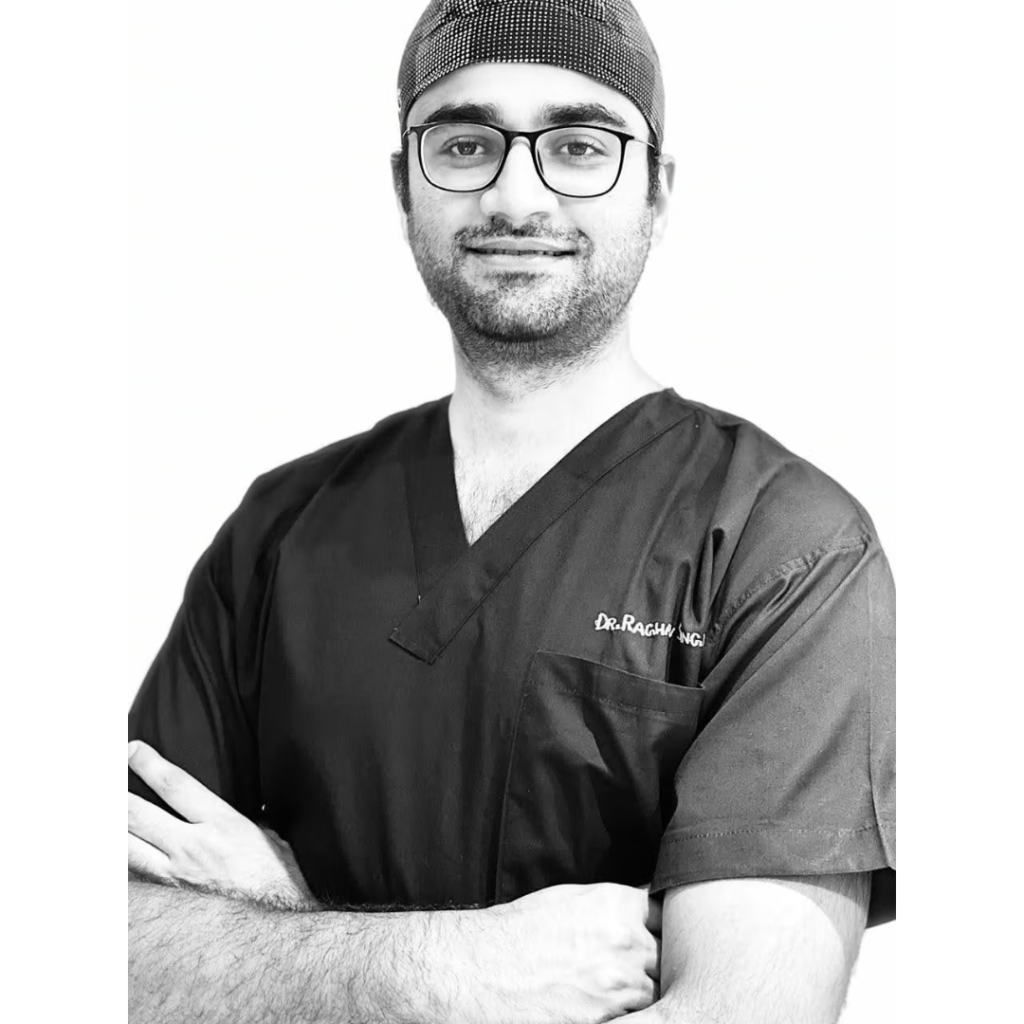- +91 9355-696-696
- +91 8686-58-2020
- +971 52 539 1708
- Locations - Gurugram, India I Dubai, UAE
Welcome to one of the best neurosurgery fellowships in India, designed exclusively for medical professionals committed to advancing their expertise in neurological surgery. This Neurosurgery Fellowship Program offers a powerful blend of cutting-edge academic knowledge, live surgical exposure, and mentorship from India’s top neurosurgeons and neuroscientists — including former AIIMS faculty.
Whether you’re seeking advanced neuro endoscopy fellowship training, exposure to minimally invasive spine surgery (MISS), or hands-on experience in cranial and spinal procedures, this program sets a new benchmark in neurosurgical education.
Endoscopic Neurosurgery Fellowships, Best Neurosurgery Fellowships, Neuro Endoscopy Fellowships in India
The Neurosurgical Training Program aims to equip participants with comprehensive knowledge and skills essential for the diagnosis, treatment, and management of neurosurgical disorders. The curriculum integrates theoretical learning with practical experiences to ensure participants develop a holistic understanding of neurosurgery and its interdisciplinary nature.
Our mentors are nationally and internationally recognized neurosurgeons and neuroscientists, including Ex-AIIMS Faculty, who bring decades of combined experience in clinical practice, advanced surgical procedures, and academic mentorship. With personalized attention and hands-on guidance, you’ll gain direct access to some of the most respected names in the field.
Our fellowship offers a deep dive into every major area of neurosurgery:
Cranial & Spinal Surgery
Neurotrauma
Neuro-Oncology
Pediatric Neurosurgery
Minimally Invasive Spine Surgery (MISS)
Endoscopic Neurosurgery
Functional Neurosurgery
We place strong emphasis on emerging technologies, surgical innovation, and evidence-based practices, ensuring you stay ahead in a rapidly evolving field.
Gain real-world exposure through:
Live OT Observations
Pre & Post-Operative Case Discussions
Assisting in Real-Time Neurosurgical Procedures
Surgical Simulations & Clinical Rotations
This is more than just watching — it’s active participation in a high-volume neurosurgical setting.

Neurosurgery And Neurointervention

Neurosurgeon
Neuro-Endoscopy
Endoscopic anatomy: ventricles, skull base & sella
ETV in hydrocephalus
Pituitary & extended skull base approaches
Dural repair and CSF leak management
Micro-Neurosurgery
Skull base and calvarial craniotomies
Anterior clinoid & petrosal drilling techniques
“How we do it” sessions with surgical simulations
Spine Surgery
Anterior cervical fixation: cage vs. cage + plate
Odontoid screw fixation
Open vs. minimally invasive spine procedures
Surgical Exposure
Common Procedures You May Observe or Assist With:
Craniotomies for gliomas, meningiomas, and pituitary adenomas
Endoscopic Pituitary Surgery
VP Shunt Placement for hydrocephalus
Aneurysm Clipping
Microvascular Decompression & RF Ablation for Trigeminal Neuralgia
Spine Surgeries: Discectomy, Laminectomy, Instrumented Fixation (Open, MIS, Endoscopic)
Pain Procedures: Facet ablation, nerve blocks
Intensive one-week fellowship (with optional extensions based on availability)
Fee: ₹1,50,000 INR / $2500 USD
Real-time exposure to cutting-edge neurosurgical cases
Fellowship Certificate upon successful completion
Networking opportunities with neurosurgeons, neuroscientists, and global peers
Who can join
Practicing Neurosurgeons seeking advanced exposure
Senior Residents or Postgraduate Students in Neurosurgery
Medical Professionals looking to specialize in endoscopic or minimally invasive neurosurgery
Advanced / Complex Cases (Subject to OT Flow):
Awake Craniotomy
Deep Brain Stimulation (DBS) for Parkinson’s
Skull Base Surgery: Acoustic neuroma, CSF leak repair
AVM Resection / Embolization
Epilepsy Surgery: Temporal lobectomy, callosotomy
Atlantoaxial Fixation
Brachial Plexus & Peripheral Nerve Surgery


Deep understanding of neurosurgical anatomy, pathology, and surgical planning
Real-time operative experience in high-stakes neurosurgical settings
Specialized skills in neuro-endoscopy, functional neurosurgery, and MISS
OT behavior, patient safety protocols, and instrument handling mastery
Case-based learning, panel reviews, and inter-disciplinary exposure
A prestigious Fellowship Certificate from The Medicity, respected both in India and abroad
Important Notes
Surgical exposure is dependent on OT schedule and patient inflow
Hands-on participation is influenced by participant experience level
An Induction Session will assess your background and guide a customized learning path
The Medicity is one of India’s busiest centers for neurosurgery, ensuring a consistent flow of operative cases
Step Into the Future of Neurosurgery
This is not just a fellowship. It’s a gateway to international-standard neurosurgical training right here in India.
Apply now to join a community of future neurosurgical leaders, and experience a program that blends academic brilliance with practical mastery — only at The Medicity, in collaboration with The National Brain Research Centre.
WhatsApp us